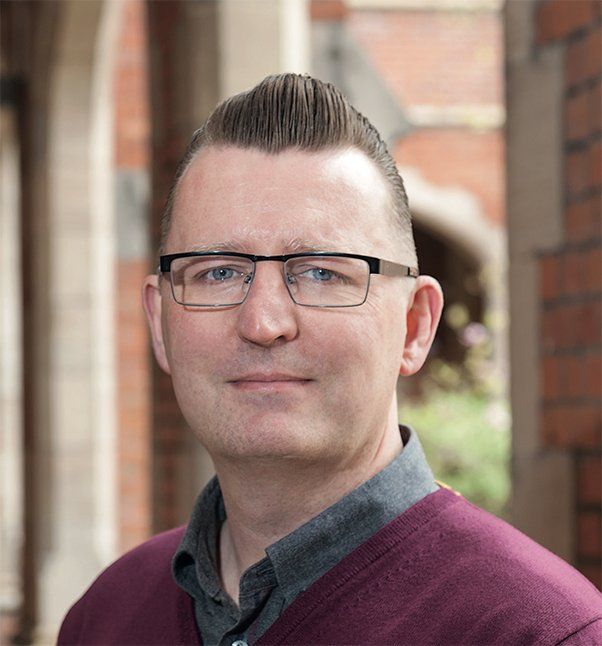Teaching children about, for and through their rights

Lee Jerome is an Associate Professor of Education at Middlesex University and a Council member of the Association for Citizenship Teaching (ACT). He has recently published ‘Children’s Rights Education in Diverse Classrooms’ with Professor Hugh Starkey (Bloomsbury).
As a teacher, originally in secondary schools and now in a university, I am always interested in what teachers are supposed to do in relation to the various educational policies and initiatives that are being promoted at any particular time. I am wary of policies that claim to have all the answers and see teachers as mere technical implementers of other people’s ‘how to’ prescriptions. I would rather work for (and within) a profession that commits to training specialist teachers who can exercise their own professional agency to create learning opportunities that work in their contexts for their children.
Nowadays I am lucky enough to have more time to learn from my colleagues through research projects, and to talk to young people about what they want from education, and what they particularly appreciate. That enables me to record and reflect back to colleagues some of the exciting principles and practices from which we can all learn.
In recent years I have undertaken work in the field of children’s rights education and have been struck that teachers are absolutely central to realising children’s rights. Whilst states may have committed to the UN Convention on the Rights of the Child, it is teachers who have to make the time and space available to inform children about their rights, and teachers who have to devise creative and engaging methods to engage and enthuse children about this aspect of learning. Several things have stood out for me as being particularly inspiring and exciting.
My first moment of clarity came from listening to the academic Bill Bowring describe rights as ‘moments of crystallised revolution.’ I think of that often as a reminder that our job is much more than teaching about the declarations and conventions (what has been called a ‘declarationist’ approach) and that we really need to focus on rights as a set of struggles for social justice. People struggle to have their rights codified, then they struggle to have them recognised, then they struggle to have them implemented. They struggle alone and in communities. They struggle for themselves and in solidarity with others.
My observations in classrooms have also helped me to think about the importance of what it means to tell children they are rights holders. It is not simply a passive role; it is an active process in which rights holders have to hold duty bearers to account. That means thinking of ourselves as human rights activists – the very people who help to create a culture of human rights. Children respond enthusiastically to the idea that we can all contribute through doing something positive. Sometimes that may be leading a big campaign on a specific injustice, but it is more likely to involve supporting an existing campaign, raising awareness, supporting others, expressing solidarity with people we admire – spreading small ‘ripples of hope’, as Robert F. Kennedy once put it.
I have also seen individual stories and case studies spark enthusiasm and engagement. Through learning about rights in specific contexts and thinking about what people actually do about promoting rights, learning becomes much more accessible and much more urgent. Learning about activists has brought human rights to life much more than learning about declarations. It gives the abstract agenda of Human Rights a real human face, and that means young people can identify with those people and think in interpersonal terms about how to help. I am struck repeatedly by the power of real people’s stories to make this meaningful.
This works best when teachers understand the communities where they teach, the struggles their students face, and the inspirational stories on their doorstep and around the world.
First published in Engage 23.




